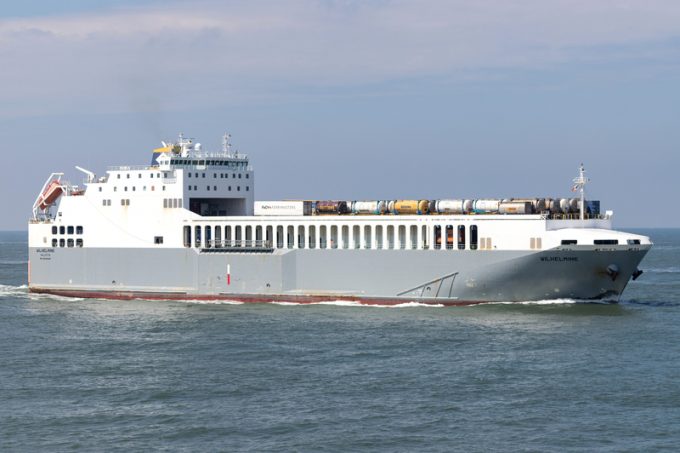
Belgium-headquartered ro-ro operator CLdN will on Monday launch a triangular service connecting the northern Spanish port of Santander with Liverpool and Dublin.
With the twin challenges posed by the pandemic and the looming exit of the UK from the EU, the company said it was positioning itself to cater for anticipated increase in demand for unaccompanied ro-ro traffic.
“We have observed an increasing demand from trailer, container and project cargo operators for a direct connection from Iberia to the Uk and Ireland,” ...

Comment on this article